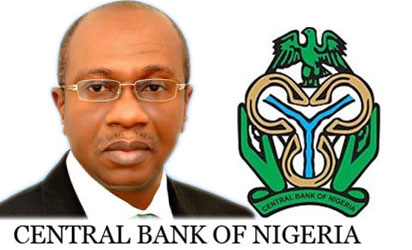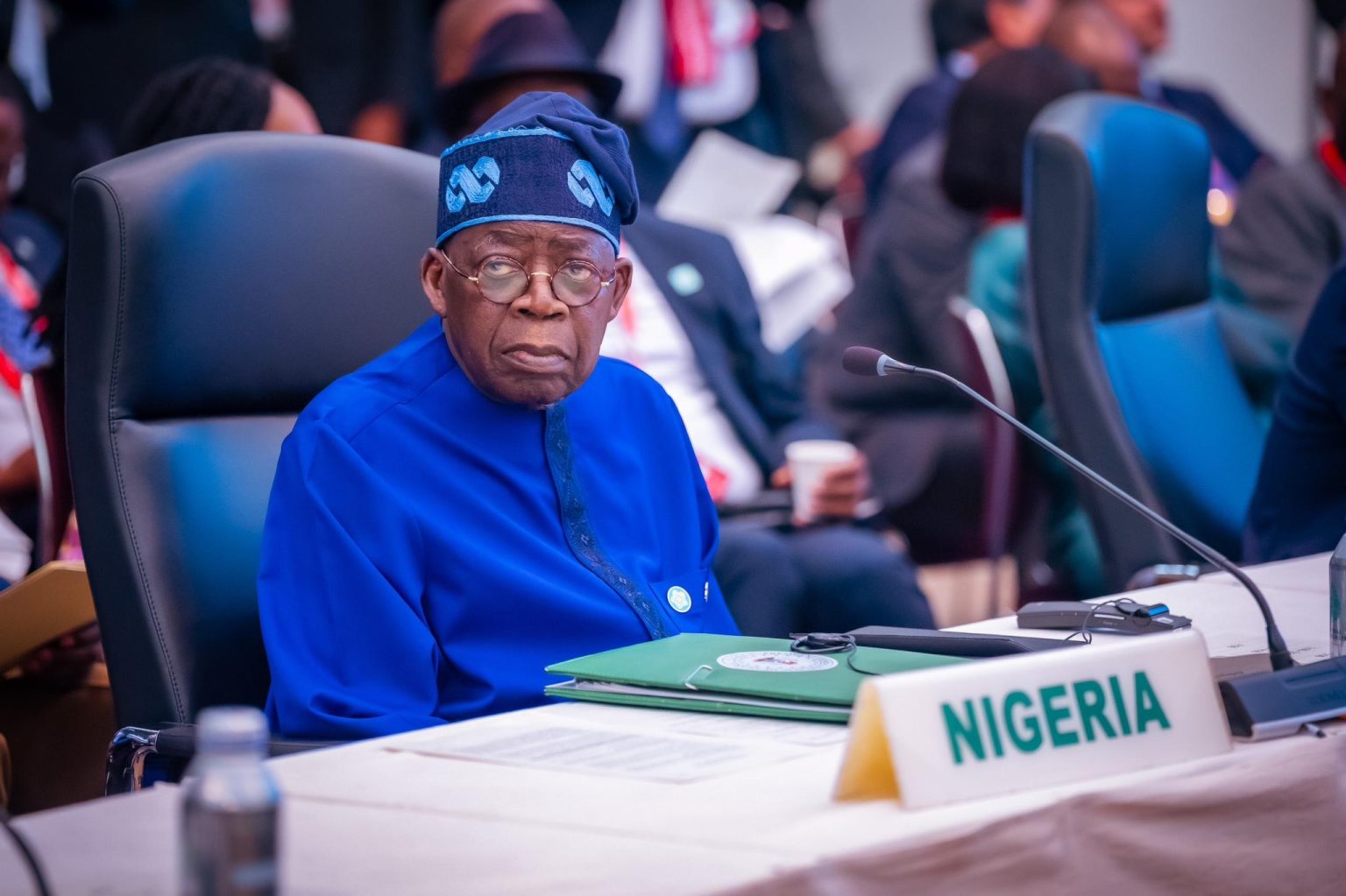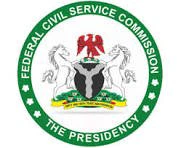Headlines
Recession: Investment inflow shrinks by N642bn

By Joseph Inokotong
Nigeria’s economy recorded a total decline of $2.1bn in investment inflow in the first 12 months of the administration of President Muhammadu Buhari. The amount when converted based on the N305.5 per dollar official exchange rate of the Central Bank of Nigeria, translates to about N642bn.
Investigations showed that since July 2015, the country had been experiencing persistent decline in the value of direct and portfolio investments.
An analysis of the capital importation report obtained from the National Bureau of Statistics revealed that the country attracted a total investment inflow of $2.75bn in the third quarter of 2015.
However, owing to the harsh operating environment coupled with exchange rate uncertainties, the inflow had declined by $2.1bn to $647.1m at the end of June this year.
The report stated that all the three major components of investment such as Foreign Direct Investment, portfolio investment and other investments recorded huge declines in the one-year period.
In terms of FDI inflow, an analysis of the report showed that the economy attracted the sum of $717.72m as of the third quarter of 2015.
The inflow, according to the report, dropped to $133.02m at the end of the second quarter of this year.
For portfolio investment, which is made up of equity, bonds and money market instruments, the report stated that the sum of $1.09bn was invested in the third quarter of last year.
The $1.09bn investment, it added, dropped by $673.68m to $245.32m at the end of June this year.
For other investments made up of trade credits, loans, currency deposits and other claims, the report stated that the sum of $1.02bn was invested in the economy as of the third quarter of last year as against $268.77m in June this year.
The NBS attributed the decline in investment to the harsh economic climate, stating that the investment attracted within the first six months of this year was the lowest in Nigeria’s history.
It said, “The continuing decline in the value of capital imported into the economy is symptomatic of the difficult period that the Nigerian economy is going through.
“The second quarter saw the economy enter into the first recession during the rebased period, according to the technical definition of two consecutive periods of decline.
“This may suggest less profitable opportunities for investment. In addition, in the second quarter, there was considerable uncertainty surrounding future exchange rate policy, which may have deterred investors.”
Commenting on the drop in investment inflows into the country, financial analysts said the current fiscal and monetary policies of the government were not friendly to investors.
The President, Abuja Chamber of Commerce and Industry, Mr. Tony Ejinkeonye, said that a lot of investors were unwilling to bring in their funds due to the tough economic environment in the country.
He said the tough operating environment had led to the closure of so many companies in Nigeria, adding that there was a need for the government to address the structural challenges, which had made the operating environment hostile.
He listed some of the areas that were scaring away investors to include uncertainty in the foreign exchange market, hostile business climate, infrastructure deficit and the absence of adequate incentives to attract investors into key sectors of the economy.
Ejinkeonye said that what the country needed currently was for the government to implement a well-articulated industrial plan.
This, according to him, is needed in order to begin a new era for industrial development in Nigeria.
“The Abuja Chamber of Commerce and Industry has made it known to the government that the issue of power and energy must be urgently addressed in order to promote industry, boost productivity, and attract both foreign and local direct investments.
“Power and energy sufficiency is the fulcrum of any meaningful development of the economy. This is the time for us as a nation to start implementing consistent policies geared towards attracting investments that will revitalise our industries”, he said.
On his part, he Registrar, Chartered Institute of Finance and Control of Nigeria, Mr. Godwin Eohoi, advised the government to look inwards by encouraging the patronage of locally-produced goods to boost investment activities.
He said, “We have to look inwards to reflate the economy by ensuring the encouragement of local content through patronage of locally-made goods. This will help stimulate production by local industries and thus boost investment.
“The government should come up with policies that will encourage investors to set up plants in Nigeria for production rather than spending money importing all these items that are depleting our foreign exchange reserves.
“The government should also reduce the interest rate to make funds available for investment in critical sectors of the economy such as agriculture, manufacturing and others”, he added.
Eohoi added that since foreign investors were shying away from investing in the country, Nigeria should look inwards and encourage local industries by reducing interest rate and making foreign exchange available to them to continue production.
Headlines
“Nigeria Is in a Hurry to Celebrate Victory Over Enemies of the State,” Says Tinubu as He Decorates New Service Chiefs

By: Fabian Apechihin
President Bola Ahmed Tinubu has urged the newly appointed service chiefs to discharge their duties with utmost dedication and renewed commitment, declaring that “Nigeria is in a hurry to celebrate victory over enemies of the state.”
The President made this statement on Thursday during the decoration ceremony of the new service chiefs with their ranks at the Aso Rock Presidential Villa in Abuja.
Those decorated were General Olufemi Oluyede as Chief of Defence Staff, Lieutenant-General Wahidi Shaibu as Chief of Army Staff, Air Marshal Kennedy Aneke as Chief of Air Staff, and Vice Admiral Idi Abbas as Chief of Naval Staff.
The ceremony was attended by Vice President Kashim Shettima and the spouses of the newly promoted officers, who joined the President in performing the decorations.
In his address, Tinubu underscored the central role of security in fostering national development and reaffirmed his administration’s commitment to protecting the lives and property of all Nigerians.
“Security is an essential element without which everything else becomes meaningless,” the President stated. “There can be no sustainable development if this fundamental need is not met. Our people and our nation must remain secure to enjoy the dividends of governance.”
The elevation and decoration of the new military chiefs followed their confirmation by the National Assembly on Wednesday, after a closed-door screening session with lawmakers.
It will be recalled that, in a recent overhaul of the nation’s military hierarchy, President Tinubu appointed:
- Lieutenant General Olufemi Olatubosun Oluyede as Chief of Defence Staff,
- Major General Waidi Shaibu as Chief of Army Staff,
- Rear Admiral Idi Abbas as Chief of Naval Staff,
- Air Vice Marshal Sunday Aneke as Chief of Air Staff, and
- Major General Emmanuel Undiandeye retained as Chief of Defence Intelligence.
The new appointments mark a strategic restructuring of Nigeria’s security leadership aimed at strengthening the fight against insurgency, banditry, and other threats to national stability.
Headlines
FG Dismisses Coup Rumour, Reaffirms Confidence in Nigerian Military

By: Fabian Apechihin
The Federal Government has dismissed widespread rumours of an alleged military coup plot against President Bola Tinubu, declaring its full confidence in the loyalty and professionalism of the Nigerian Armed Forces.
Minister of Information and National Orientation, Mohammed Idris, made this known in an interview with The Punch on Sunday, insisting that the administration has “no reason whatsoever” to doubt the assurances given by the Defence Headquarters, which had earlier denied reports linking the detention of 16 military officers to a coup attempt.
“The Federal Government has no reason to doubt the military on what it has said,” Idris stated.
“We believe the Armed Forces of Nigeria remain committed to protecting the nation’s territorial integrity and strengthening the fight against insecurity. The government commends their sacrifice and will continue to support them in safeguarding the country.”
The minister’s remarks came a day after the Director of Defence Information, Brigadier General Tukur Gusau, firmly debunked a report by Sahara Reporters alleging that the detention of 16 officers was connected to a failed coup plot and the cancellation of the 65th Independence Day parade.
Gusau described the publication as “false, mischievous, and deliberately aimed at creating unnecessary tension and public distrust.”
He clarified that the cancellation of the October 1 Independence Day parade was a purely administrative decision — taken to allow President Tinubu attend a key bilateral meeting abroad and to enable military units sustain ongoing counterinsurgency operations nationwide.
On the issue of the detained officers, Gusau said their case was “an internal disciplinary process” and not related to any political matter.
“The investigation involving the 16 officers is routine, aimed at upholding discipline and professionalism within the ranks,” he explained. “An investigative panel has been constituted, and its findings will be made public in due course.”
Reaffirming the military’s constitutional role and unwavering commitment to civilian rule, Gusau stressed emphatically:
“Democracy is forever.”
Headlines
FG Moves to Reform Civil Service Disciplinary System for Greater Efficiency

By: Fabian Apechihin
The Federal Government is set to overhaul the disciplinary control system in the civil service to promote efficiency, accountability, and timely resolution of cases.
The Chairman of the Federal Civil Service Commission (FCSC), Prof. Tunji Olaopa, made this known during a one-day joint retreat between the FCSC and the Office of the Head of the Civil Service of the Federation (OHCSF).
In a statement issued on Tuesday by the Commission’s Head of Press and Public Relations, Taiwo Hassan, Olaopa emphasized that the review would drive culture change, value reorientation, and improve the overall disciplinary framework in the public sector.
He likened the relationship between the FCSC and OHCSF to that of “Siamese twins,” noting that both bodies share crucial responsibilities in policy implementation, regulatory enforcement, and leadership across the service.
Olaopa also underscored the need for stronger collaboration and communication between the two institutions to avoid misunderstandings, build trust, and enhance service delivery.
The FCSC chairman further advocated for an integrated system that links merit-based recruitment, competency-driven human resource management, and performance evaluation with the civil service wage structure, saying such reforms would help reposition government as an “employer of choice.”
Speaking on behalf of the Head of the Civil Service of the Federation, Dr. Folasade Yemi-Esan, Esther Walson-Jack praised Olaopa’s reform initiatives, describing the retreat as a renewed commitment to strengthening collaboration and efficiency within the civil service.
The renewed push for reform follows rising concerns about bureaucratic bottlenecks, delayed disciplinary actions, and weak accountability mechanisms in Nigeria’s public administration.
-

 Uncategorized5 years ago
Uncategorized5 years agoFG, states urged to harness flooding for ranching, others with technology – Agbaje
-

 Headlines10 years ago
Headlines10 years agoBreaking: EFCC seals Borno House of Assembly, as Hon members take to their heels
-

 News11 years ago
News11 years agoNigeria Security Operatives Stage Manhunt For Homosexual Perpetrator
-

 News9 years ago
News9 years agoHow 21-year-old Girl fled community over accusation of lesbianism
-

 News10 years ago
News10 years agoYobe Gov Moves Against Deputy
-

 Opinion7 years ago
Opinion7 years ago7 signs she has friend zoned you
-
Technology4 years ago
Online job placement company headhunts women
-

 Headlines10 years ago
Headlines10 years agoBorno Dep Gov Abducts Another Church Leader





